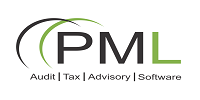Welcome to Day 1 of our Tax Training Series for Businesses and Professionals. This session provides a structured introduction to tax principles, compliance expectations, and practical considerations every organization should understand. Whether you’re a business owner, finance professional, or decision-maker, this training offers valuable guidance to support effective ... Read More


